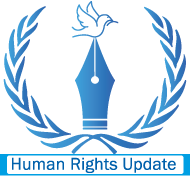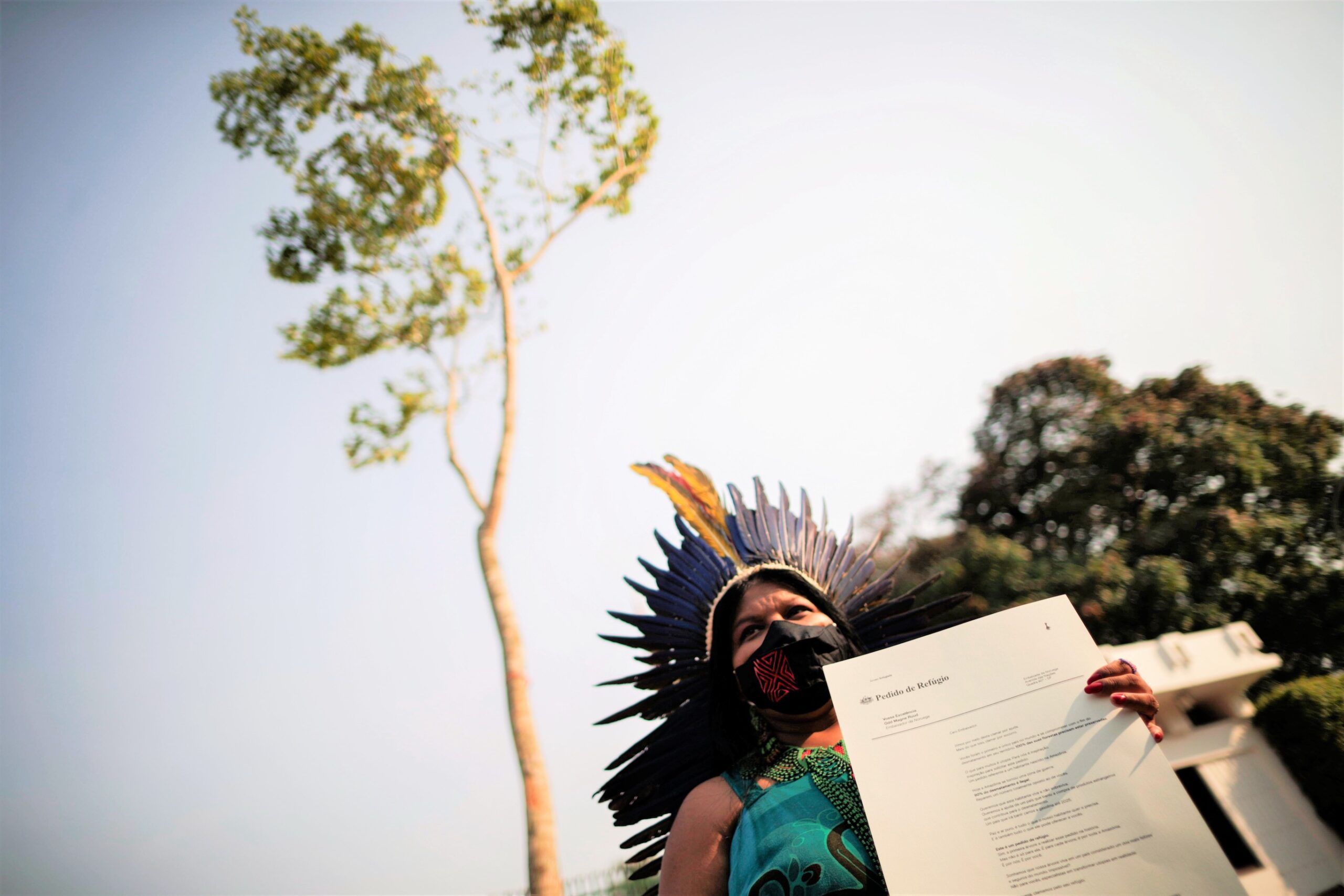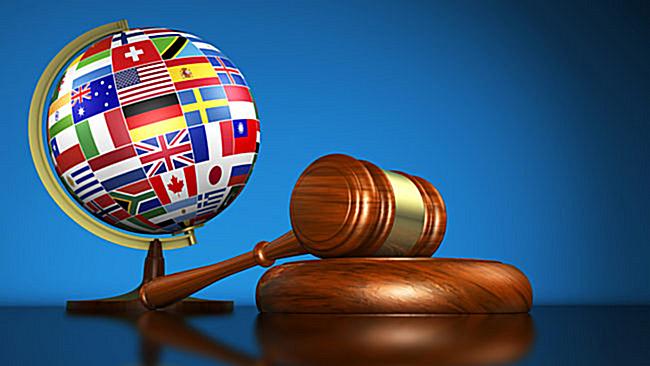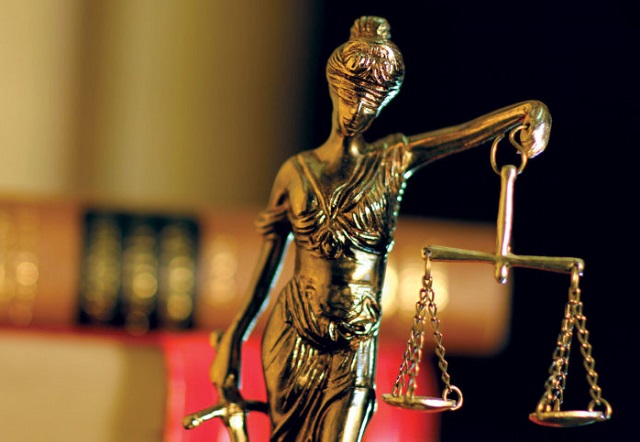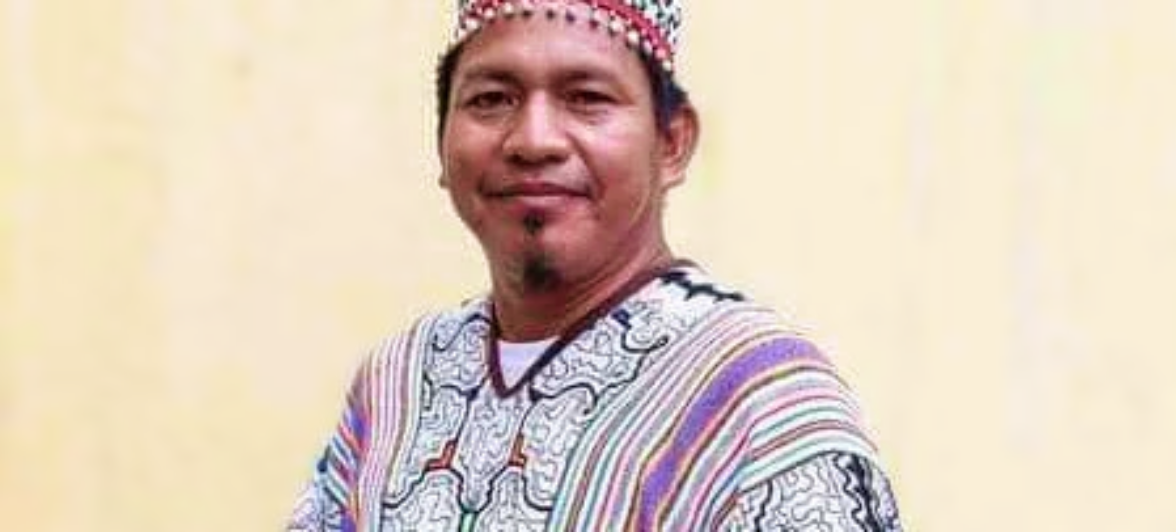China faces significant human rights challenges that require global attention. Concerns include restrictions on freedom of expression and the media, arbitrary detention of dissidents, treatment of ethnic minorities, internet censorship and surveillance, erosion of freedoms in Hong Kong, limitations on religious freedom, control over civil society organizations, high execution rates, and lack of due process. Addressing these challenges necessitates open dialogue, diplomatic engagement, and international pressure to promote human rights, transparency, and inclusivity in China.
It is crucial for the international community to engage with China on human rights issues, urging the government to uphold its obligations and commitments to respect and protect human rights. Constructive dialogue, advocacy, and diplomatic pressure can encourage positive change and improvements in human rights conditions.
China’s role as a global economic power and its increasing influence in international affairs make it even more important to address human rights concerns. Balancing economic cooperation with human rights advocacy is essential for promoting a just and equitable society both within China and globally.
Non-governmental organizations, human rights defenders, and civil society play a vital role in monitoring and documenting human rights violations in China. Supporting their work, amplifying their voices, and advocating for their protection are crucial for promoting human rights and holding the Chinese government accountable.
Collaboration among nations, international organizations, and civil society groups is essential to address human rights issues in China effectively. Engaging in dialogue, sharing best practices, and promoting human rights standards can contribute to positive change and create an environment where human rights are respected and upheld.
By focusing on human rights issues in China, the international community can work towards creating a more inclusive, fair, and rights-respecting society. The pursuit of human rights in China should be guided by the principles of universality, non-discrimination, and respect for the inherent dignity and worth of every individual.
The human rights situation in China has been a subject of international concern for several decades. While the Chinese government has made progress in certain areas, there remain significant challenges and violations that demand attention and action.
- Freedom of Expression: The Chinese government maintains tight control over media, the internet, and freedom of speech. Censorship and surveillance mechanisms, such as the Great Firewall and extensive monitoring systems, restrict access to information and limit free expression. Dissenting voices, journalists, bloggers, and human rights activists often face harassment, imprisonment, or other forms of punishment.
- Arbitrary Detention and Torture: The Chinese government has been criticized for the arbitrary detention of individuals perceived as threats to state security or political stability. This includes activists, lawyers, journalists, and religious leaders who are often charged with vague offenses such as “subversion of state power” or “endangering national security.” Reports of torture, forced confessions, and denial of legal representation are widespread.
- Treatment of Ethnic Minorities: The treatment of ethnic minority groups, particularly the Uighurs in Xinjiang province, has raised grave concerns. The Chinese government has implemented a system of mass surveillance, arbitrary detention, and forced assimilation with reports of over a million Uighurs being held in “re-education” camps. Human rights organizations and media outlets have documented allegations of forced labor, cultural suppression, and other serious abuses.
- Restrictions on Religious Freedom: The Chinese government places restrictions on religious practices and religious organizations. Religious minorities, including Tibetan Buddhists, Christians, Muslims, and Falun Gong practitioners, face surveillance, control, and repression. Places of worship are often monitored, religious leaders are subjected to harassment or imprisonment, and the government exerts control over religious teachings and practices.
- Crackdown in Hong Kong: The erosion of freedoms and autonomy in Hong Kong has drawn global attention. The introduction of the National Security Law in 2020 has resulted in the suppression of pro-democracy protests, censorship, and the arrest of activists and lawmakers. Critics argue that the law undermines the “one country, two systems” principle and the preservation of Hong Kong’s unique legal and political framework.
- Internet Censorship and Surveillance: The Chinese government tightly controls the internet, blocking access to websites, social media platforms, and other online services deemed politically sensitive. Online expression is heavily monitored, and individuals critical of the government face consequences, including imprisonment. Internet companies are also compelled to comply with government censorship and surveillance requirements.
- Lack of Judicial Independence: The Chinese legal system lacks independence, and the judiciary is often subject to political influence and pressure. Fair trials, due process, and access to legal representation are frequently compromised, particularly in cases involving political dissent or human rights activists.
- Labor Rights: Despite progress in certain areas, labor rights in China remain a concern. Workers often face exploitative working conditions, low wages, long hours, restrictions on the right to organize, and limited collective bargaining rights. Migrant workers are particularly vulnerable to labor abuses, including non-payment of wages and unsafe working conditions.
Addressing the human rights situation in China requires sustained international pressure, dialogue, and engagement. Governments, international organizations, and civil society must urge China to uphold its human rights obligations, respect freedom of expression, end arbitrary detention, ensure fair trials, protect religious freedom, and address the treatment of ethnic minorities. Efforts should also focus on promoting the rule of law, protecting labor rights, and fostering a more inclusive and rights-respecting society in China.
